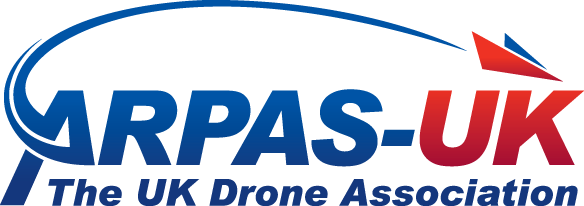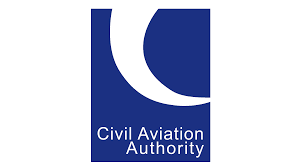Airspace, the invisible motorways in the sky, forms the backbone of the entire aviation industry. Facilitating the safe operation of tens of thousands of flights daily, this critical infrastructure is relied upon 24/7 to bolster the UK’s global connections. However, with its roots dating back to the 1950s, the current airspace structure struggles to accommodate the advanced capabilities of modern aircraft and often compels them to fly less direct routes, leading to unnecessary fuel consumption and CO2 emissions.
The Urgent Need for Airspace Modernisation
The aviation industry faces a pressing challenge to reduce its environmental impact amidst the ongoing climate crisis. Modernising airspace emerges as a vital solution to address this issue, offering a simpler, safer, and more fuel-efficient future for air travel. By optimising flight paths and leveraging advanced technologies, today’s aircraft can fly more direct routes and execute quicker climbs and continuous descents, thereby minimizing carbon emissions and contributing to the decarbonisation of the aviation sector.
Complexity and Benefits of Airspace Modernisation
Revamping airspace is undoubtedly a complex endeavour, but its rewards are significant. The process will streamline air travel, enhance safety, and foster environmental sustainability. Notably, modern aircraft will be able to fully utilise their advanced capabilities, ensuring more efficient and eco-friendly operations.
Experience of NATS: Delivering the UK’s Largest Airspace Changes
NATS, the UK’s leading air navigation service provider, has been at the forefront of delivering the country’s most significant airspace changes. Drawing from their expertise, this episode of Altitude delves into their experiences, exploring the tools and technologies employed during the modernisation process.
Challenges and Collaborative Efforts
Transforming some of the world’s busiest airspace presents numerous challenges that require careful planning and execution. However, with insights from key industry stakeholders, including aviation authorities and airlines, the episode sheds light on the collaborative nature of airspace modernisation. Working together becomes the cornerstone of progress, ensuring that all stakeholders’ perspectives are considered to achieve the best possible outcomes.
Join NATS Altitude for Insightful Discussions
Click here to be part of the conversation on Wednesday, 26 July, at 15:00 UK time, as panel experts delve into the crucial topic of airspace modernisation and its pivotal role in combatting the climate crisis. Tune in to learn how this transformation is set to shape the aviation industry’s sustainable future, making air travel greener and more efficient.
Together, let’s explore the path to a safer, cleaner, and more interconnected aviation landscape through airspace modernisation.
Airspace Modernisation: Transforming The Skies (on24.com)
Mohammed Hasan








